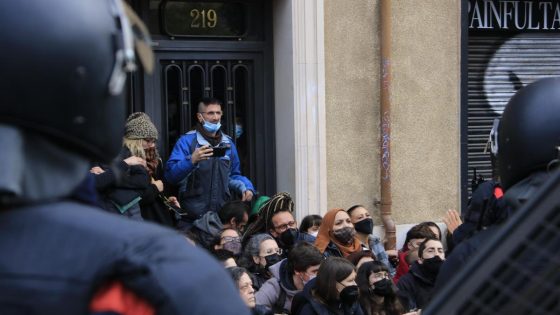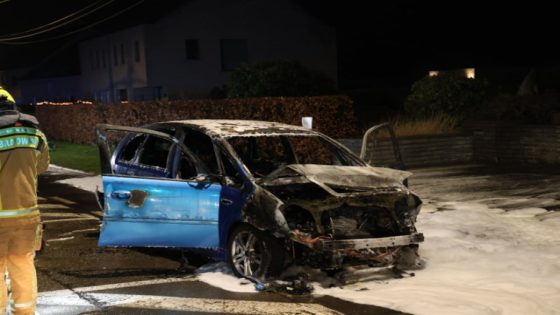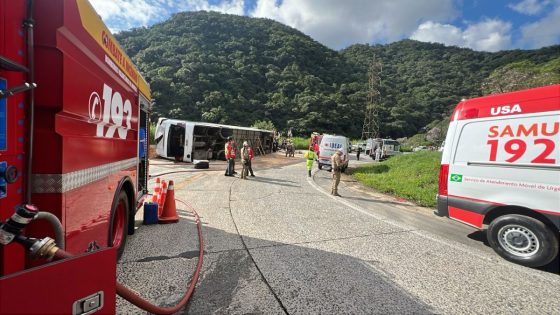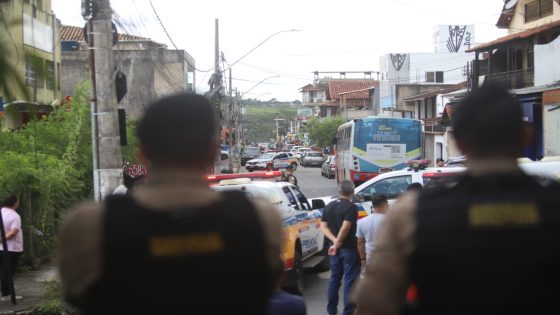The recent ruling in Spain allows for express evictions without judicial authorization, targeting illegal occupants who have entered a property within the last 24 hours. This decision, made by the Audiència de Girona, aims to expedite the removal of squatters, providing relief for homeowners like Jordi Riera, who faced illegal occupation of his home.
- Green light for express evictions without court authorization.
- Applies to occupants entered within 24 hours.
- Girona Court supports expedited eviction measures.
- Victims often wait months for legal resolution.
- Legal processes can cost nearly 10,000 euros.
- Case of Jordi Riera highlights the issue.
This change raises questions about property rights and legal protections for homeowners. How will this impact the ongoing struggle against illegal occupations?
Spain’s New Eviction Law: What It Means for Homeowners and Occupants
What does this new law mean for both homeowners and illegal occupants? The ruling is designed to protect homeowners from lengthy legal battles. With this swift action, those facing illegal occupation can reclaim their properties more quickly. However, it also raises concerns about the rights of occupants.
Understanding the Implications of Express Evictions in Spain
The express eviction law is a significant shift in how Spain handles illegal occupations. Here are some key points to consider:
- Evictions can occur within 24 hours of illegal entry.
- No judicial authorization is required, streamlining the process.
- Homeowners can reclaim their properties more quickly.
- Potential for increased disputes and legal challenges from occupants.
Impact on Homeowners: A Double-Edged Sword
This ruling provides immediate relief for homeowners who often feel powerless against squatters. With the ability to act swiftly, homeowners can avoid the lengthy and costly judicial processes that previously plagued them. However, it also raises ethical questions about the treatment of vulnerable occupants who may be facing housing crises.
Concerns for Occupants: Rights at Risk?
While the law aims to protect property owners, it may inadvertently infringe on the rights of occupants. Many individuals facing eviction may have nowhere else to go, leading to potential homelessness. This situation calls for a balanced approach that considers both property rights and social responsibility.
Future of Property Rights in Spain
As this law takes effect, it will be crucial to monitor its impact on property rights and social dynamics in Spain. Will it lead to a fair resolution for all parties involved, or will it exacerbate tensions? The ongoing dialogue surrounding housing rights and legal protections will shape the future landscape of property ownership in Spain.
In conclusion, the new express eviction law in Spain marks a significant change in handling illegal occupations. While it promises quicker resolutions for homeowners, it also necessitates a careful examination of the rights of all parties involved.
































